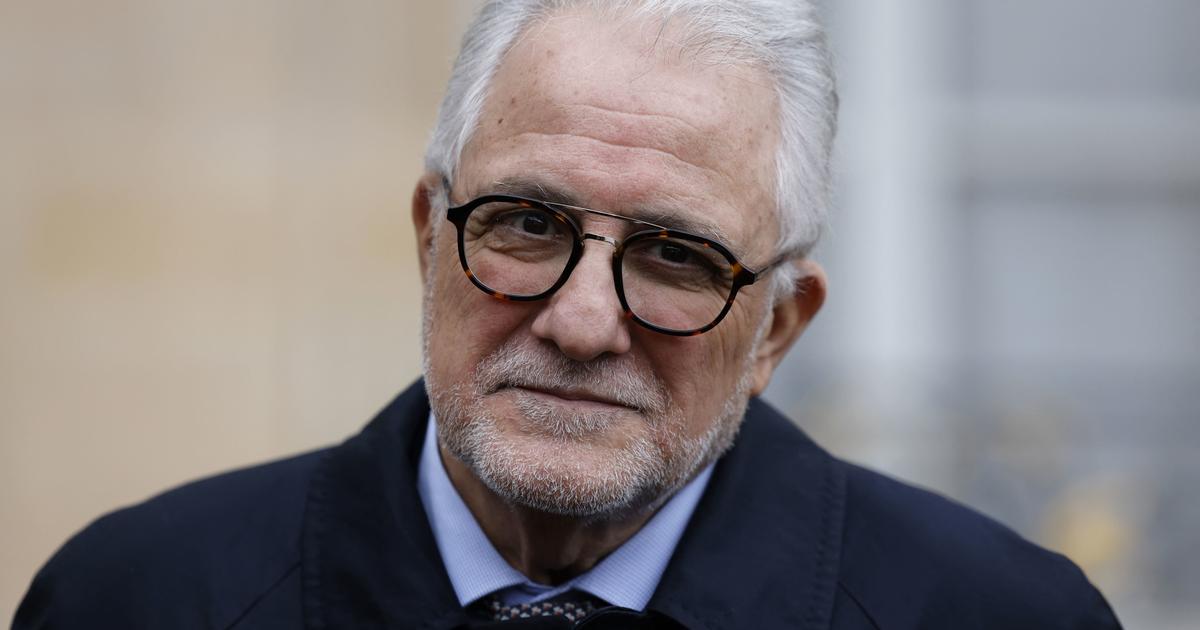Icon: enlarge
Photo: Frédéric Cirou / imago images / PhotoAlto
It is not only sobering for an educationalist to see what has happened in terms of educational policy in the last few weeks and months, but also for a father of three school-age children.
Schools are closed while the economy is running.
The statements that could be heard in December that education was important are now only lip service.
Icon: enlarge Photo: private
Klaus Zierer
, born in 1976, is Professor of School Education at the University of Augsburg, and since 2010 Associate Research Fellow at the ESRC Center on Skills, Knowledge and Organizational Performance (SKOPE) at the University of Oxford.
Before that, he was a teacher at various elementary, secondary and secondary schools for five years.
So you can turn it around as you want and claim, almost mantra-like, that this school year is not a normal one, but not a lost one.
It is correct: After a full year in which no normal lessons have taken place, it can be assumed that two years of school have already been lost.
Obviously, necessity does not always make people inventive.
There is no pedagogical master plan for the corona pandemic, instead it is hoped that homeschooling will work.
And the only thing that has been done is to buy laptops and tablets and to upgrade platforms.
Research on distance learning has long proven that all of this is neither sufficient nor effective.
And even the few studies from last year's lockdown confirm this: Homeschooling is not enough to classify classroom teaching, even in countries that are far more digital than Germany.
In addition, there are dramatic negative effects in educationally disadvantaged milieus, which from an economic point of view will have consequences for several years to come.
Lack of skills, senseless distribution of roles
If a country like Germany really overslept digitization, as you hear it again and again, then the crisis cannot be the bringer of salvation.
It is true that in the short time it takes to plug holes in the WLAN and distribute devices across the board, the necessary skills cannot be switched on at the push of a button.
On average, neither the learners have the skills to work independently from home, nor the teachers have the prerequisites to use the digital end devices in a pedagogically meaningful way.
To force parents into the role of substitute teachers is not only pointless, it is even irresponsible.
more on the subject
Icon: Spiegel Plus "Everyone stutters to himself": This is how teachers despair of the back and forth about the school opening
Because of school lockdown: ARD and ZDF increase the range of learning content
And so it happens that the wheel of homeschooling is reinvented at every school and in every class - sometimes better, mostly worse: servers collapse;
only PDFs are sent;
Learners disappear into the darkness of the net during video conferences;
Feedback is a rarity and many other problems.
So learners get used to one thing in particular: doing nothing.
Against this background, it is not alarmistic, but realistic: an educational catastrophe looms.
Courage to telly
Meanwhile, an alternative is so obvious, which was introduced in the 1970s in the wake of discussions about the educational catastrophe feared at the time following Georg Picht and which is now legally and institutionally anchored: school television.
Every household has access to television, as every household has to pay GEZ.
With all the educational concerns about television, in this crisis it could become a savior.
But not as a mere "telly on" and any programs are running.
But thanks to digitization in an extensive and varied way.
What could this look like?
Many broadcasters already have offers, but the decisive step is missing: the Ministry could develop a crisis timetable for each grade level with fixed, focused and rhythmic broadcast times.
These could be didactically prepared in such a way that learners receive the most important inputs at least across the board and are expanded with digital offers such as quiz questions and portfolios.
Teachers could thus concentrate on the essentials: gathering and giving feedback.
Whether the tasks are then sent by post, handed in to the school on a run to do something, or submitted digitally, none of that matters.
Learners have such a structure, teachers support, parents relief.
An educational catastrophe could not be prevented, but it could be cushioned - and even the environment would benefit from it, because a central broadcast would be significantly more CO₂-friendly than a thousandfold streams.
There is no question that school television cannot replace presence either: The social contact is the educational exile and is missing.
So it is only intended for emergency operation.
But it can also provide valuable services for deepening and supplementing in future regular operation: Together with accompanying didactic material, stored in media libraries, the technical inputs can function as a kind of digital textbook.
And thus become the basis for sustainable teaching improvements - for example in the concept of the
flipped classroom
, in which the students' independent preparation of material is a crucial skill.
Icon: The mirror









